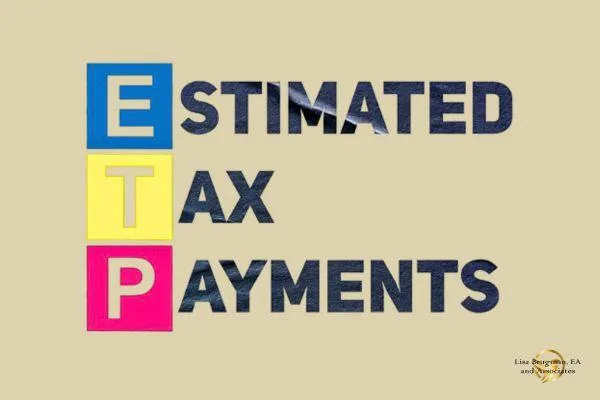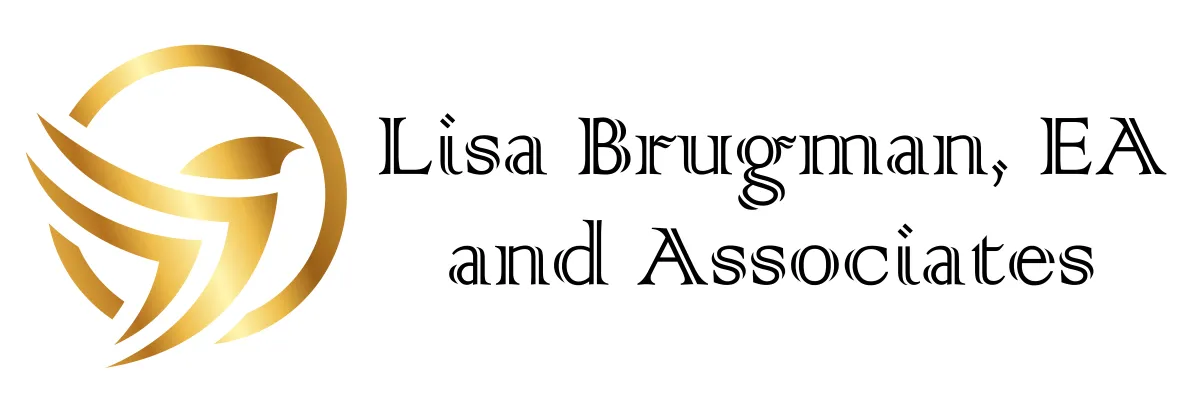BLOG

Missed a quarterly estimated payment
Before starting this discussion, let's first understand the reason for estimated tax payments for individual taxpayers. The cardinal rule is that, should you accrue substantial income during the year without appropriate tax withholding, it would be prudent to make periodic payments throughout the year to mitigate the tax liability rather than procrastinating until year-end to remit taxes in a lump sum with the filing of your tax return. This difficulty is negligible for many whose sole income derives from employment wages (W-2), whose employer sets up tax withholdings and remits them to the US Treasury. Nonetheless, employees must remain aware that insufficient withholding from their wages could culminate in an under-withholding predicament, resulting in a tax liability upon filing their return. Substantial under-withholding may cause an underpayment of an estimated tax penalty attributable to our "pay-as-you-go" tax infrastructure.
The process of making quarterly estimated tax payments is different for the self-employed or those who receive income in the form of dividends, interest, capital gains, rents, and royalties. Typically, tax on such income remains unwithheld by the payer, so recipients of such income must self-manage their tax withholding. This is where the estimated tax payment process becomes pertinent. Under this schema, you pay the US Treasury quarterly, based on the projected tax liability on untaxed earnings. The IRS mandates that these payments be made on a regular, quarterly schedule, with minor variations if the 15th of the month coincides with a weekend or holiday. Understanding this process is crucial for ensuring you meet your tax obligations and avoid penalties.
Outlined below are the schedules for the tax years 2024 and 2025:

Two reasons underpin the necessity of following this payment schedule. First, these payments prevent a potentially burdensome financial surprise at year-end when you reconcile your tax return, and you are confronted with a substantial tax bill, say $10,000. Regular, incremental payments throughout the year make the year-end obligation far less demanding.
Second, timely and regular payments avert the imposition of penalties and interest by the IRS for delinquent or non-existent payments. Notably, as of the quarter commencing October 1, 2023, the IRS raised the interest rate on underpayments of estimated taxes from 7% to 8%. This rate is reviewed quarterly, and for the first quarter of 2024, it remained at 8%.
Should you neglect a quarterly payment, correction remains feasible. Remit the late payment immediately, either online or by mail. Detailed information on effecting online estimated tax payments is available on the IRS's "Make a Payment" webpage. If mailing the payment, be sure to attach the relevant quarterly voucher.
Alternatively, compensating for a missed payment can be accomplished by adjusting the withholding on your wages or retirement income. Should you incur an underpayment penalty, the IRS may waive or mitigate this penalty under specific conditions, such as:
You or your spouse (if filing jointly) retired in the past two years post age 62 or became disabled, and underpayment arose from extraordinary circumstances, not willful neglect.
Withholding or remittance of the bulk of taxes occurred early in the year, not uniformly throughout.
Income is accrued at disparate intervals, not evenly.
To request a waiver for the underpayment penalty for the 2024 tax year, submit Form 2210, Underpayment of Estimated Tax by Individuals, Estates, and Trusts. Instructions for Form 2210 for 2024 are available on the IRS website.
Additionally, the underpayment penalty is generally waived under these conditions:
A tax liability of less than $1,000 with the return, or
Payment of at least the lesser of:
90% of the current year's tax, or
100% of the previous year's tax (110% for high-income taxpayers).
If you are still unsure about your situation and want help, you can click this link to set an appointment to speak with an expert at Lisa Brugman, EA & Associates.
https://storage.googleapis.com/msgsndr/Y3wru9o2agtnTx66z5uZ/media/650d578315fdd01eb024474b.png
https://storage.googleapis.com/msgsndr/Y3wru9o2agtnTx66z5uZ/media/650d578215fdd056b424474a.jpeg






